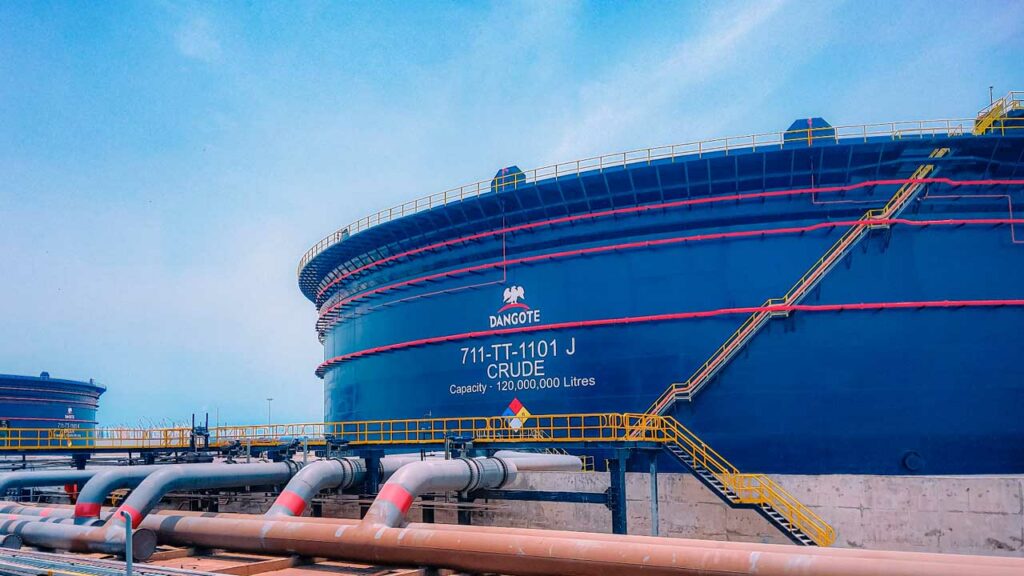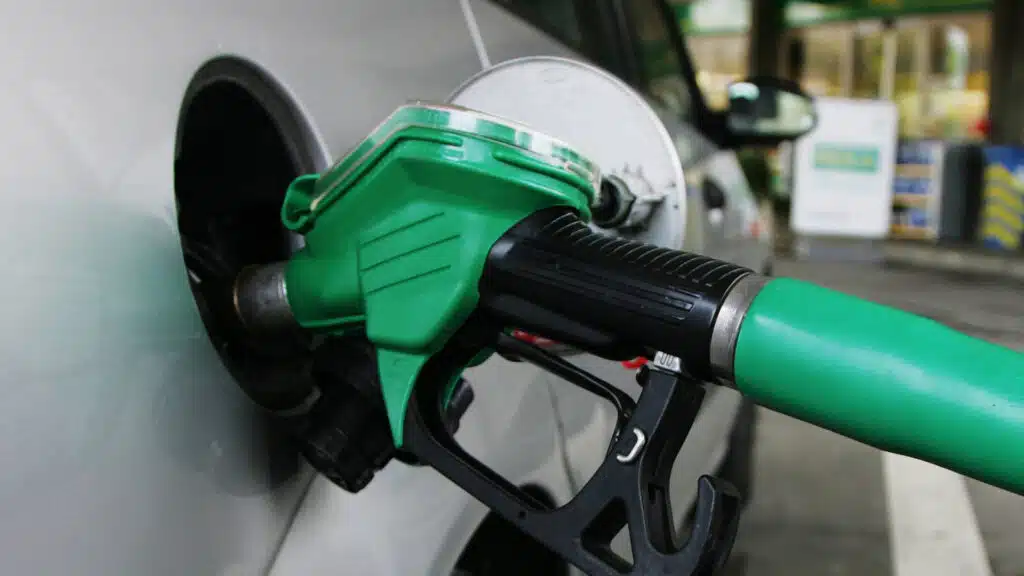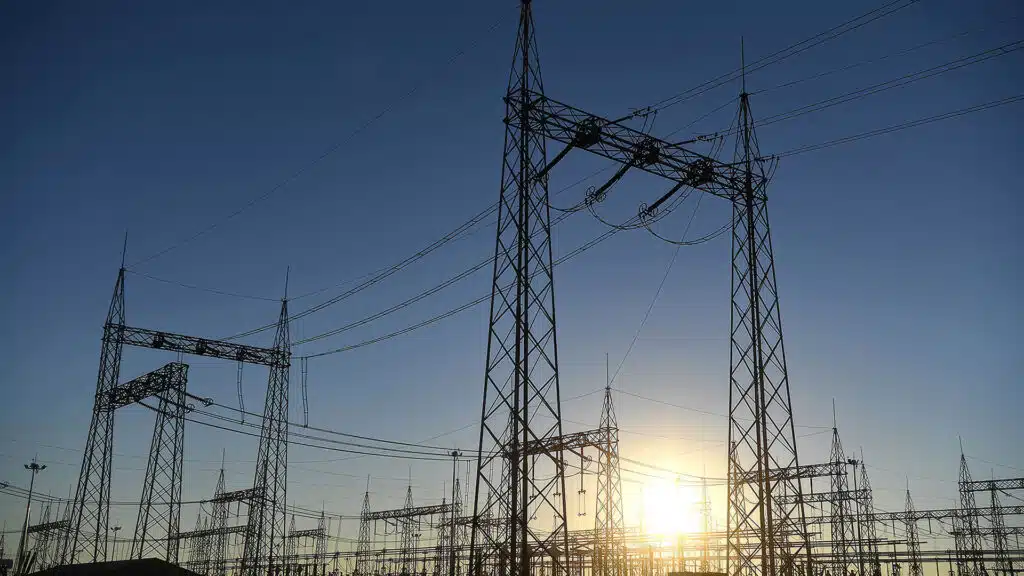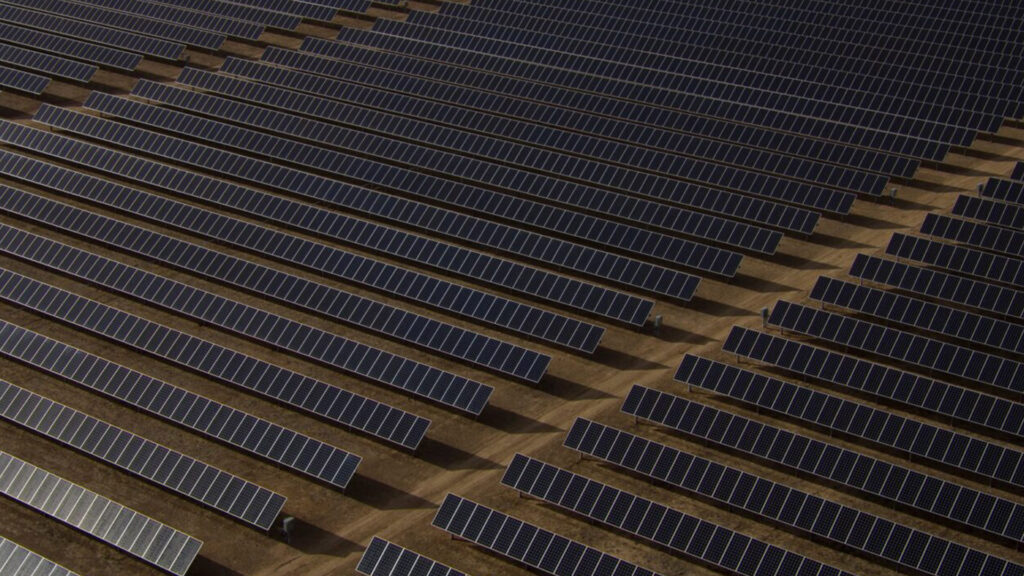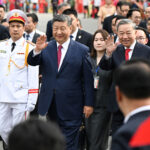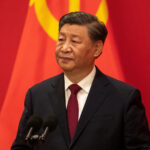In a move that is rapidly altering the dynamics of Nigeria’s energy market, the Dangote Refinery has cut its ex-depot petrol price twice within a single week, now pegging it at ₦835 per litre (approximately $0.52 USD). While consumers welcome the reductions as a sign of relief while inflationary pressures, the development is also reverberating across Nigeria’s political, economic, and energy sectors.
Highlights
- Dangote Refinery has reduced petrol prices twice in one week.
- Current ex-depot price is ₦835 per litre, down significantly from previous levels.
- Reduction is pressuring importers and shifting market competition.
- Government’s renewed “naira-for-crude” deal is helping stabilize domestic pricing.
- Filling stations slow to pass on savings to consumers.
- Concerns rise over declining global crude oil prices and implications for federal revenue.
A Calculated Strategy: Undercutting Imports
Experts suggest that Dangote’s pricing decisions are not merely a reflection of lower crude oil costs but also a strategic attempt to gain market dominance and marginalize foreign fuel imports. By slashing prices, Dangote is exerting competitive pressure on importers who rely on more volatile international pricing and foreign exchange challenges.
“This could be seen as a trade war of sorts,” said one analyst. “Dangote is aggressively vying for consumer loyalty, using price reductions to corner market share.”
The Naira-for-Crude Policy: Fueling Domestic Stability
One of the key enablers of Dangote’s price cuts is the federal government’s renewed “naira-for-crude” policy. The initiative enables domestic refineries, such as Dangote, to pay for crude oil in local currency rather than U.S. dollars, thereby alleviating pressure on Nigeria’s foreign exchange reserves and shielding consumers from external price fluctuations.
This move is also bolstering local refining capacity, reducing the country’s reliance on imported fuel, and potentially stabilizing prices in the long term.
Consumer Relief vs. Retailer Resistance
Despite the headline price cuts, many consumers are yet to see significant changes at the pump. Several filling stations have been slow to adjust their pump prices, citing the higher costs of the inventory they purchased.
“Marketers are in business to survive,” said one industry observer. “But they must also adapt to a competitive market, or they will lose out as consumers become more price-sensitive.”
A Double-Edged Sword: Falling Crude Oil Prices
While the petrol price cuts are a win for motorists, they present a challenge for Nigeria’s federal revenue. As an oil-dependent nation, Nigeria derives a significant portion of its income from crude oil exports.
The global drop in oil prices—from $74 to $60 per barrel in recent weeks—means a decline in earnings, which could potentially impact government spending and economic planning.
Outlook: A New Era of Competition
If crude oil prices continue to dip, further reductions in fuel prices may follow. As local refineries ramp up production and the government incentivizes domestic supply chains, Nigerians could be on the cusp of a more competitive and transparent fuel economy.
However, stakeholders must balance consumer relief with macroeconomic realities, particularly as the country navigates foreign exchange volatility, energy reform, and fiscal sustainability.
